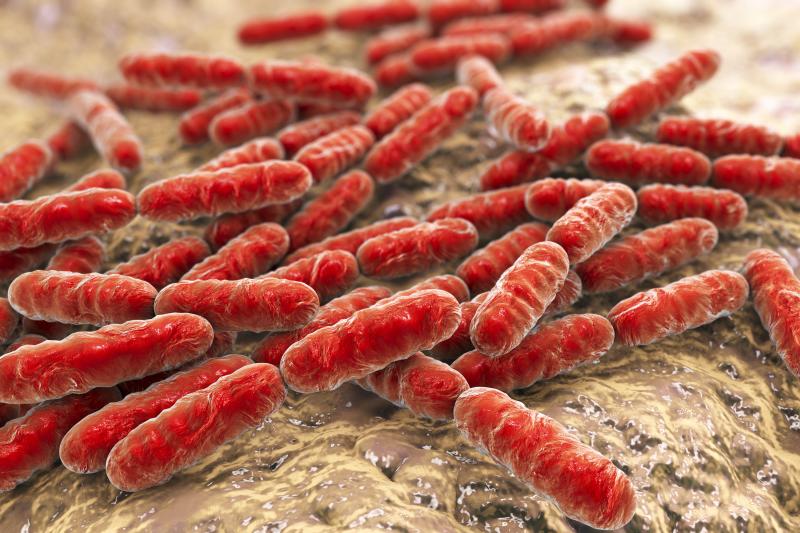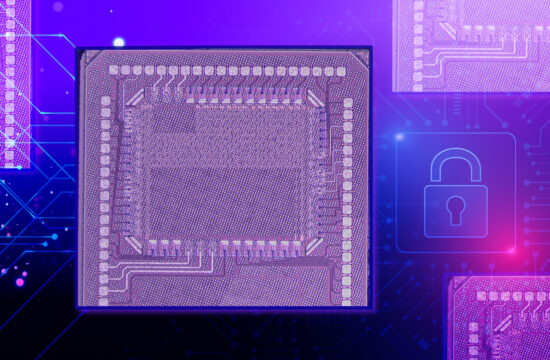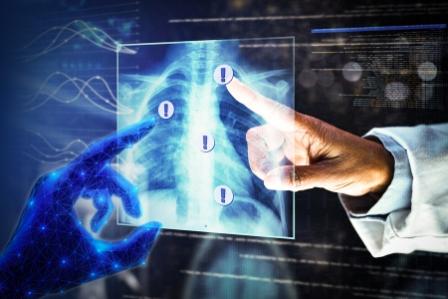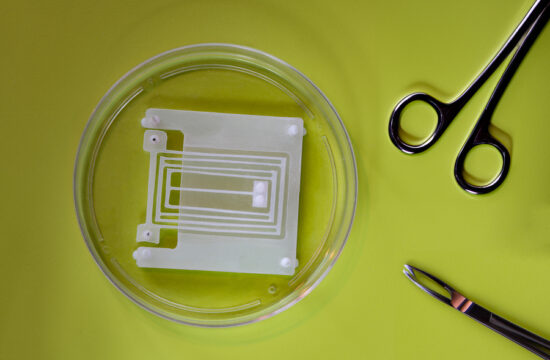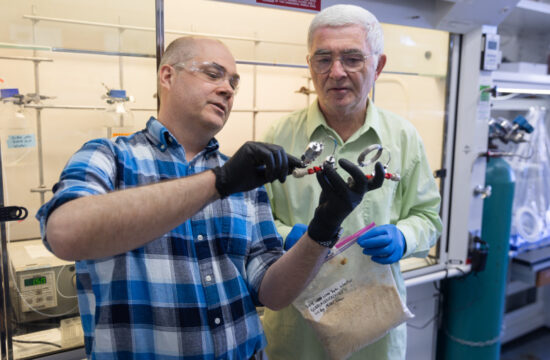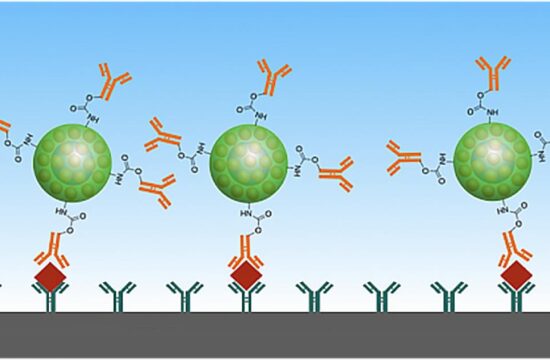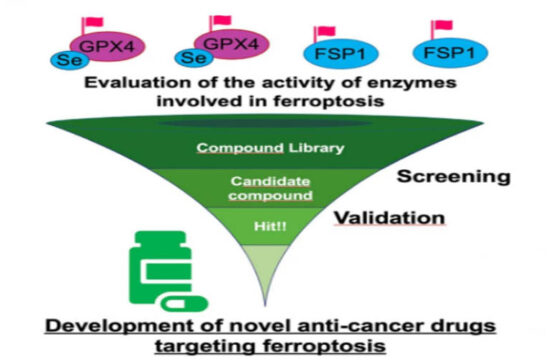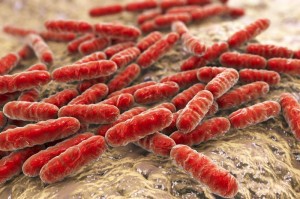 A new study says that certain bacteria is more abundant in the breasts of healthy women, and may actually be protecting them against cancer, while women with breast cancer have higher levels of a detrimental type of bacteria.
A new study says that certain bacteria is more abundant in the breasts of healthy women, and may actually be protecting them against cancer, while women with breast cancer have higher levels of a detrimental type of bacteria.
The findings, published in Applied and Environmental Microbiology, suggest probiotics could be used to help protect women against the disease.
For the study, a team lead by Gregor Reid, Ph.D., of Western University in Canada, sequenced DNA from breast tissue samples of a group of women. Fifty-eight of the women sampled were undergoing mastectomies or lumpectomies. Of those 13 were having the procedure for benign tumors, while 45 had cancerous tumors. Tissue samples were also obtained from 23 healthy women who had either breast enhancements or reductions.
The bacteria in the breast tissue was identified and the researchers found that women with breast cancer had higher levels of Escherichia coli and Staphylococcus epidermidis. This type of bacteria is known to cause double-stranded breaks in DNA cells, which can lead to errors in repair and subsequently cause cancer to develop. “Double-strand breaks are the most detrimental type of DNA damage and are caused by genotoxins, reactive oxygen species, and ionizing radiation,” the scientists wrote.
[pullquote]The team wanted to uncover whether beneficial bacteria in milk contributed to the lowering risk of cancer, or if other types of bacteria could abet cancer in mammary glands of women who had never lactated.[/pullquote]
Tissues of healthy women had more protective bacteria, Lactobacillus and Streptococcus, which both have anticarcinogenic effects.
The researchers decided to investigate whether bacteria was present in breast tissue because of previous research that showed breast cancer decreases with breast feeding. The team wanted to uncover whether beneficial bacteria in milk contributed to the lowering risk of cancer, or if other types of bacteria could abet cancer in mammary glands of women who had never lactated.
Reid said that collaborators in Spain showed lactation might not be necessary to promote healthy bacteria in breasts, by demonstrating probiotic lactobacilli could reach the mammary gland after being ingested.
“Combined with our work, this raises the question, should women, especially those at risk for breast cancer, take probiotic lactobacilli to increase the proportion of beneficial bacteria in the breast?” Reid said in a prepared statement. “To date, researchers have not even considered such questions, and indeed some have balked at there being any link between bacteria and breast cancer health.”
Along with probiotics, Reid said antibiotics that target harmful bacteria could help improve risks for breast cancer.


